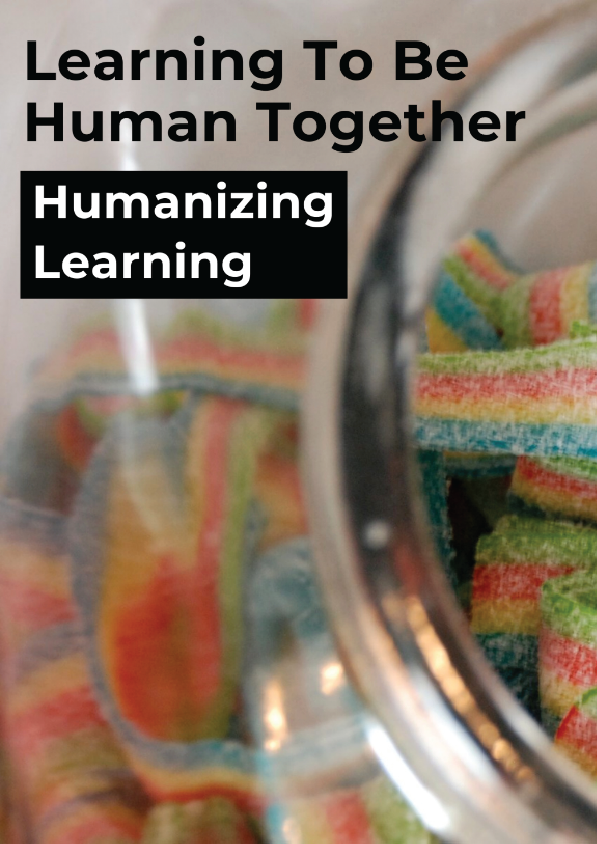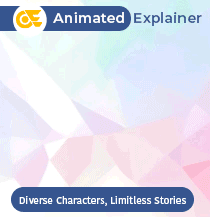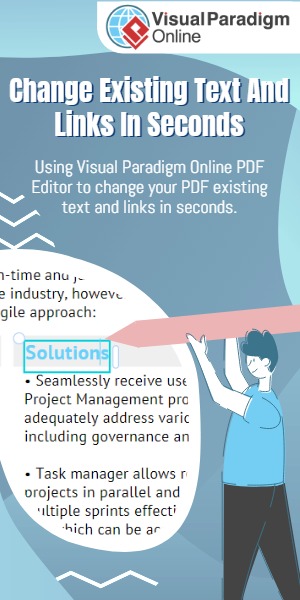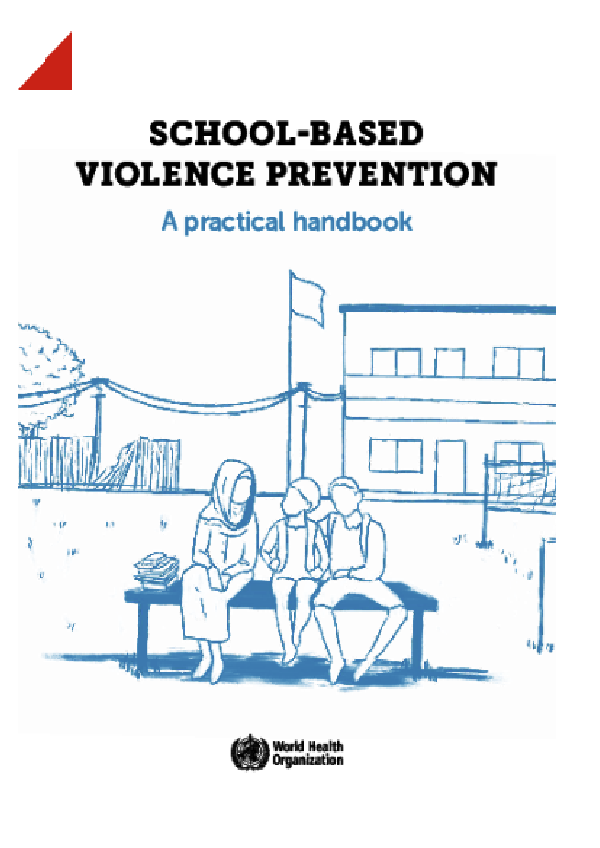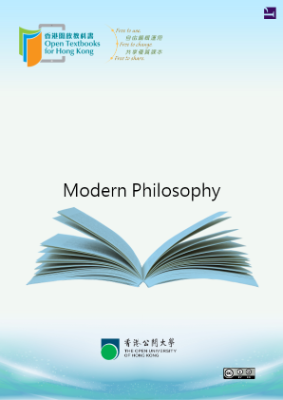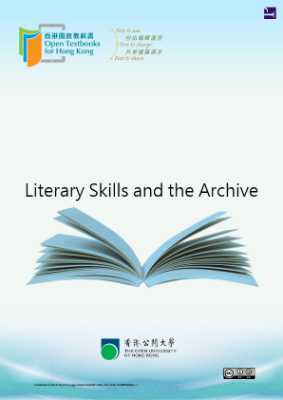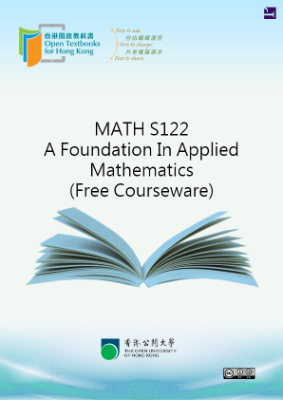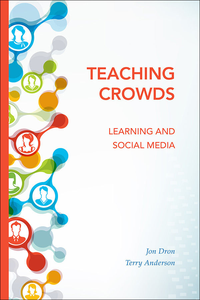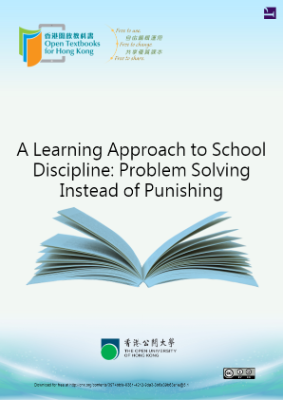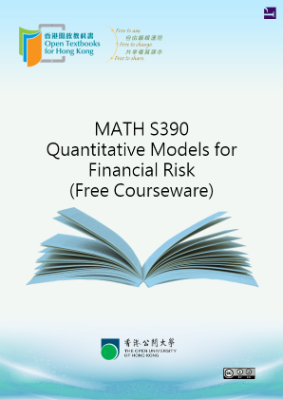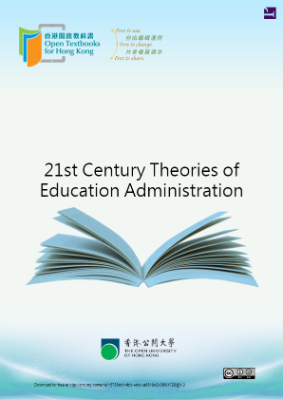Who Are We Writing To?
We expect the topics and experiences and discussions you find here will be applicable and relevant to anyone working within education but especially to administrators, instructional designers, instructors (tenure track, adjunct, sessional), graduate students, postdocs, teaching and learning researchers, learners, and more.
This work is especially relevant for both those who have power to make changes and those who do not have power yet and are excited about trying something that could improve outcomes. Both will find an invitation to thinking through tough problems authentically and from many angles. To those with power, we hope you engage with some materials that compel you to use your power to make changes. To those without, we’d like to support and encourage you.
Humanizing for Whom?
For our purposes, we focused first on who is precarious in the various contexts where decisions or policy about education are happening and where education itself is happening. Asking “Who is precarious here?” can help us see the perspective of a newly appointed Dean in a faculty struggling with controversy and social issues, a university or college adjusting to a new government with new priorities (and therefore uncertain funding for ongoing work), early academic colleagues (graduate students and postdocs) who have tremendous responsibilities (e.g., in teaching) and little power, students who are working multiple jobs to afford their education, racialized individuals in general and those otherwise marginalized or excluded from having a voice and choice in education. It is important to differentiate between an individual and a position: the Dean traditionally has power, and the student does not. And not all learners are created equal: international students sometimes carry a heavier burden, first generation students, those who grew up in generational poverty, and every other reality of individual lives and barriers to equity and access.
The work of humanizing and understanding the contexts within which education happens cannot be a luxury. It must be a requirement for a standard of education that all are entitled to. These aren’t necessarily the easily measured values, and few institutions have genuinely committed to this hard work. There is an enormous risk when this is partially committed to or when it is a precarious commitment itself. Further, when an institution embraces this work in an “off the corner of the desk” approach without structural supports, the precarious usually shoulder the burden, further adding to their precarity and likelihood for burnout. We hope to give voice to the precarious and to the individual. We see you and we want to support you, for you are the reason there will be change in the systems that leave some with scars and wounds. You are the source of change in the cycles of exclusion and the parts of education that are meant for only some. Together we can support each other and fundamentally change the system.
There are words and phrases that we use as shorthand for gnarly problems in society, culture, and our planet. Sometimes those words and phrases come under fire and are critiqued merely because of the burden they carry representing complex problems. Examples of this are “climate crisis,” “humanized learning,” “Diversity, Equity, and Inclusion,” “decolonization,” and many more. It is a shame that these heavy global issues can be reduced to a phrase that can then become politicized and wielded by those with power or attention to either vilify or lionize. Our hope in this work is to steadfastly remain undistracted by the popularity or lack thereof of a phrase in favour of focusing in on a need; namely, the United Nations Social Development Goal #4 “to ensure inclusive and equitable quality education and promote lifelong learning opportunities for all.”
